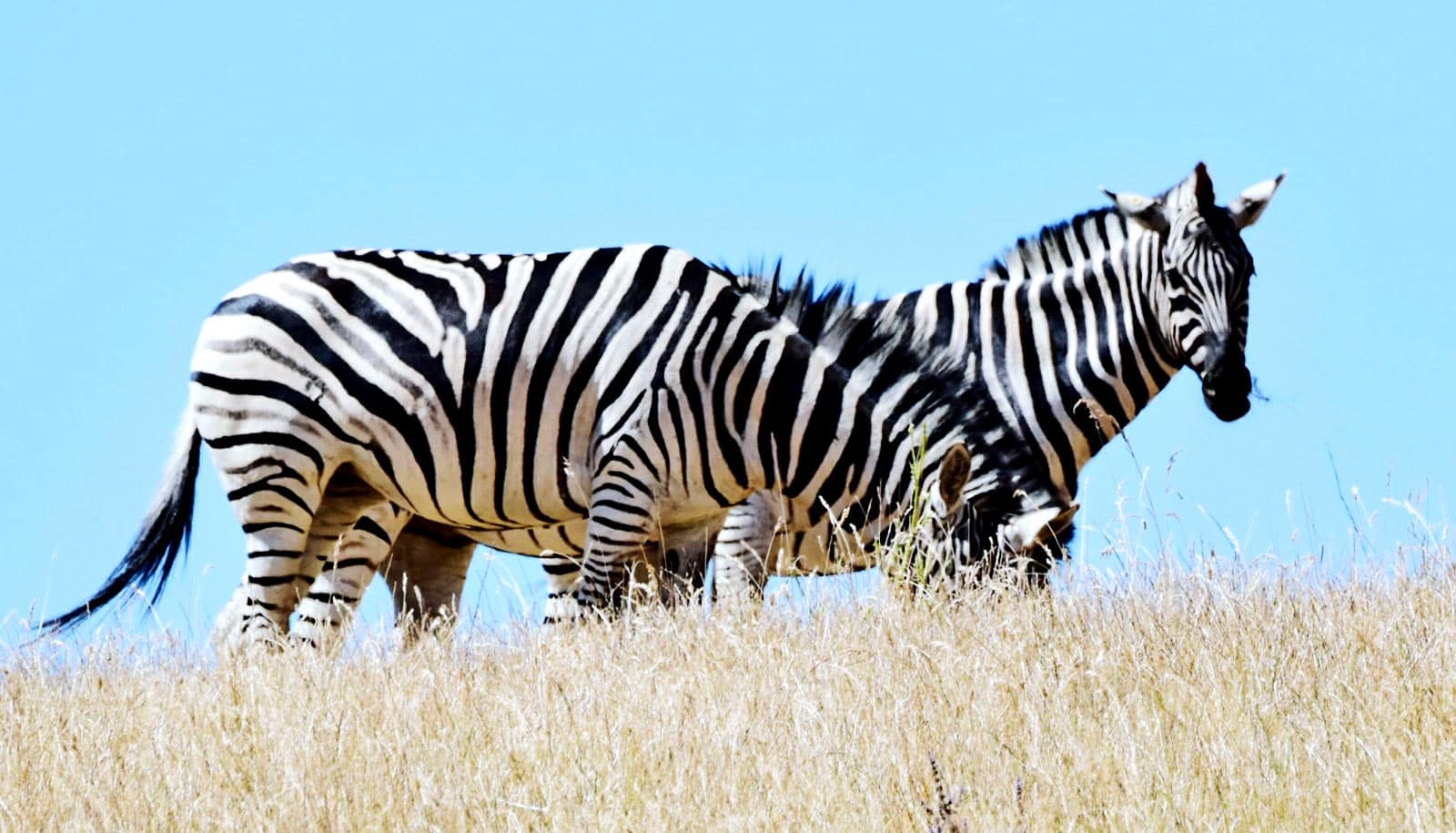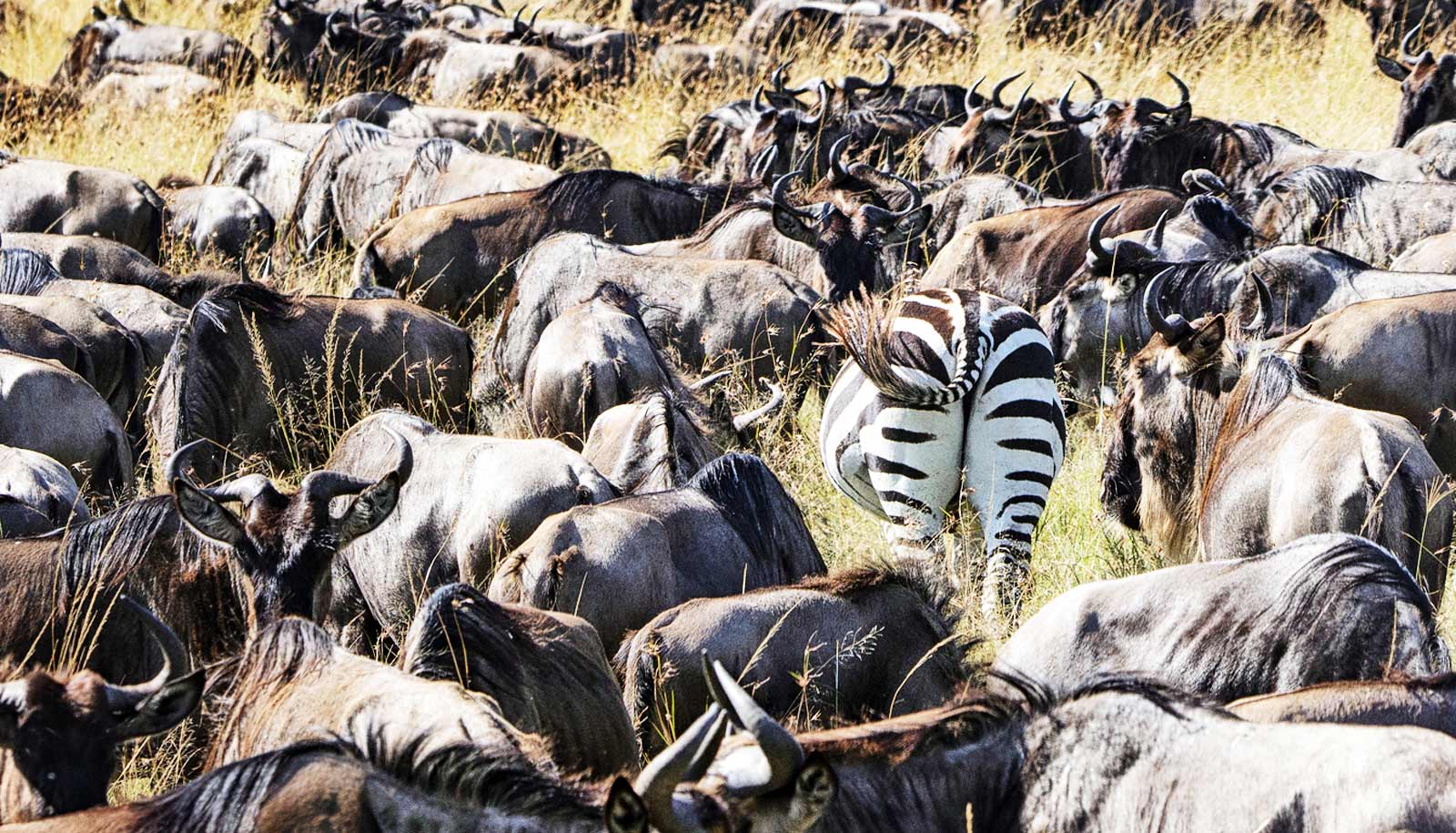A new study may upend a widely held ecological theory about how grazing herbivores influence their ecosystems.
The theory holds that plant-hungry creatures help shape ecosystems by mowing down dominant plants that might smother other plants, thus enhancing biodiversity—but only if the area is lush. The new study shows that this might not be entirely true.
Researchers synthesized data from more than 250 vegetation-heavy areas, examining areas where large herbivores graze and areas they don’t.
“There’s been a lot of confusion out there in the literature trying to understand why herbivores sometimes increase and sometimes decrease biodiversity…”
“Large herbivore populations are in decline in ecosystems across the globe, and so understanding how these declines are likely to affect biodiversity is really important,” says coauthor Todd Palmer, a biologist at the University of Florida.
The paper takes some important steps in clarifying where and when we might expect these declines to have big consequences for the surrounding ecological communities.
By comparing data on the effects of herbivores on plant communities across a wide range of productivity, the researchers found that the effects of grazing animals on biodiversity could be predicted by understanding the impact that herbivory has on plant dominance.
When grazing animals reduced dominance by feeding on abundant species that appealed to their tastes, the grazers increased biodiversity by freeing up resources for other, less dominant plant species. However, in areas where the most abundant plant species are resistant to grazing, herbivores increased dominance by feeding on the rare and tasty species, thereby reducing biodiversity.
“There’s been a lot of confusion out there in the literature trying to understand why herbivores sometimes increase and sometimes decrease biodiversity, and this paper really nails why they have different effects under different circumstances,” says Palmer.
The results suggest that management of dominance, not of grazing activity per se, is key to conserving biodiversity.
The paper appears in Nature Ecology & Evolution.
Source: University of Florida


